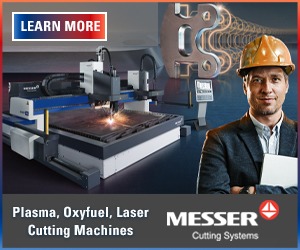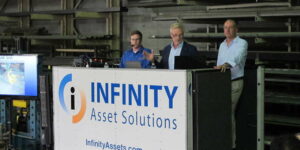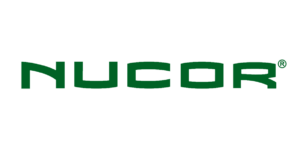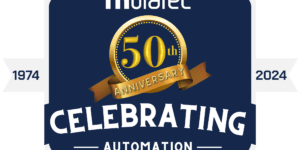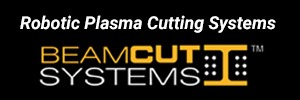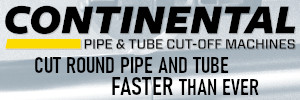Micromachining: No More Constraints
The latest femtosecond laser technology from Raydiance can reduce cost per part by 20 percent to 50 percent and reduce product design, prototyping and development from months to as little as 24 hours.
Posted: May 27, 2014
Raydiance, Inc. (Petaluma, CA), a provider of all-laser manufacturing solutions, introduces the R-Drill, R-Tube and R-Mill to address micromachining challenges in the automotive, industrial and medical device industries. Ready to integrate into customer manufacturing lines, these new systems increase yield and improve production efficiency by optimizing factory workflow to eliminate expensive post-processing steps and achieve part-to-part consistency.
The R-Drill, R-Tube and R-Mill combine femtosecond laser technology with the materials processing expertise and application-specific software to reduce cost per part by 20 percent to 50 percent. They also enable a major shift in product design and development by significantly reducing prototyping and production transfer from months to as little as 24 hours.
Ideal applications include precision nozzles for automotive engine fuel injectors, cooling micro holes for power generation turbine blades, texture surfacing for biomedical implants (e.g. knee, hip and ear), and cutting of peripheral and cardiovascular stents. “The world of micromachining is constrained by the quality and economic realities of traditional methods,” says Richard Pierce, the chief executive officer of Raydiance. “The R-Drill, R-Tube and R-Mill eliminate these constraints and enable new product innovations with substantially higher quality and lower cost.”
THE R-DRILL: FUEL INJECTORS
Regulations requiring improved fuel economy and reduced emissions are driving new engine technologies. These new requirements must be met, while still satisfying consumer demand for ever more powerful engines. Fuel injector technology continues to evolve to address this demand for better and cleaner performance by requiring higher dimensional precision and increased materials integrity in manufacturing.
An overview of the ultrafast laser capabilities of Raydiance in medical device, automotive and consumer electronics applications.
The issue facing micromachining technology is how to achieve this demand for dimensional precision and materials integrity while producing parts at an economically viable rate and cost. Previous micromachining technologies have done one or the other . . . either they have achieved the required precision, or they have produced parts at a realistic pace.
What’s new now are femtosecond laser micromachining systems such as the R-Drill, R-Mill and R-Tube that possess the ability to check both boxes simultaneously. Manufacturers can now hold dimensional tolerances to the single-digit micron level without resorting to exotic, expensive fabrication methods.
For example, the R-Drill is ideal for manufacturing fuel injectors because it creates precise micro holes in a single process, thus achieving part-to-part consistency that has enabled factories to win new business and increase market share with engine manufacturers. Faster than electrical discharge machining (EDM), picosecond lasers, or nanosecond lasers – and with a lower cost of ownership – the R-Drill is already industry-proven and working 24/7 in factories all over the world.
Using an R-200 or R-300 laser, the R-Drill can power up to a 15 W femtosecond laser with rapid drilling capabilities of < 1 second/hole for typical GDi hole geometries in diverse shape profiles of round, square, or elliptical holes, positive and negative tapers – all with a pulse width reduced to < 500 fs for higher peak power and elimination of heat-affected zone (HAZ) damage.
Running pulse management includes a start-and-forget active pulse tracker that ensures beam characteristics and process consistency. The system is fully programmable to accommodate part design changes or future parts by altering the software, so that no new capital required.
The alternative, of course is to continue using mechanical machining, electrical discharge machining (EDM), or conventional laser machining and the requisite post-processing and yield hits.
Iteration speed is where business is won or lost. Turning days or weeks into hours, the R-Drill enables prototype fabrication overnight, directly from a Solidworks drawing.
All of this ultimately relates back to the way energy is delivered to a material substrate during the machining process. Conventional methods impart defects or impose collateral damage to the materials being machined. Depending on the material being machined, mechanical methods can result in tearing, uncontrolled brittle fracture, or frictional heat-induced changes to the substrate.







